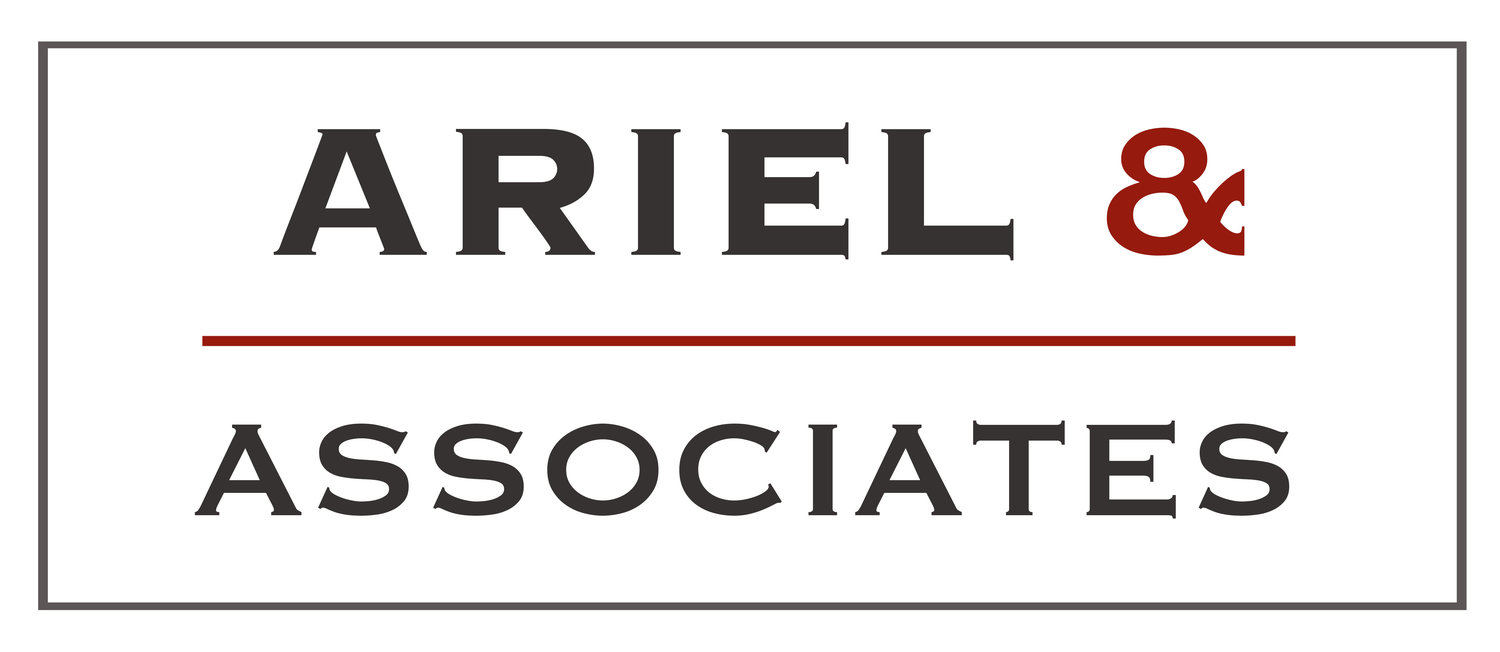ASIC has issued Regulatory Guide (“RG”) 257 which seeks to assist fintech businesses test products and services before they obtain an Australian Financial Services (“AFS”) Licence or an Australian Credit Licence (“ACL”).
RG 257 is designed to permit fintechs to test their new products and services before they obtain an AFS Licence or ACL and it is envisaged that this will result in:
Allowing concepts to be validated and refined before the business expends valuable time and resources obtaining an AFS Licence or an ACL.
Providing increased opportunities to obtain investment to assist with meeting the costs of complying with the legislative and regulatory requirements.
This conditional relief is available for a 12 month period in which the testing may be carried out. It is important to note that an entity does not need to specifically apply for the exemption - if it meets the eligibility requirements, then it is legally entitled to rely on the exemption. However, the entity is required to notify ASIC and must also provide certain information and documentation.
The fintech exemption is only available in regard to advising and dealing in the following financial products:
Listed or quoted Australian securities.
Simple managed investment schemes.
Deposit products.
Some kinds of general insurance products, such as home and contents insurance.
Payment products issued by an Authorised Deposit-Taking Institution (“ADI”).
It is not available for:
Issuing financial products.
Providing custody or depository services.
Registered schemes (other than those covered by simple managed investment schemes).
Certain general insurance products, such as home building, travel, motor vehicle, consumer credit, sickness & accident and life insurance.
Higher risk or complex financial products, such as derivatives, foreign exchange contracts, standard margin lending.
Illiquid products that cannot be easily reversed.
Products with a long term focus, such as superannuation and life insurance.
Market making.
Relevant numbers limit the fintech licensing exemption to the following:
No more than 100 retail clients.
The exposure of each retail client to deposit products, simple managed investment schemes, securities and payment products - $10,000.
The amount of credit under a credit contract in relation to which services are provided - $25,000.
The sum insured under a general insurance contract - $50,000.
It is important to note that there is no individual exposure limit for wholesale clients and the total maximum exposure for all clients is $5 million during the testing period.
Before an entity provides financial services to a retail client, it will need to provide the retail client with certain information, (much of which is normally detailed in a Financial Services Guide), including:
The name of the person providing the service.
Information about the types of services and products provided.
Information about any remuneration or commissions.
Information about relevant relationships with the entity.
Information about dispute resolution systems (internal and external).
In regard to providing credit assistance to a consumer, the following information must be provided:
The information normally contained in a credit guide.
A quote.
A proposal document.
Following the 12 month testing period, an entity is required to provide a report summarising certain details of the experience, such as number of clients, a description of the issues identified, barriers to viability, financial report information.
ASIC has already provided for an extension of variation to the testing period - although there is no pro forma template, an applicant is required to lodge a report covering specific information and details.
Should you have any queries, please contact Jeremy Danon, director of Ariel & Associates Pty Ltd on (02) 8223 3355 or at jeremy@ariel.associates.
